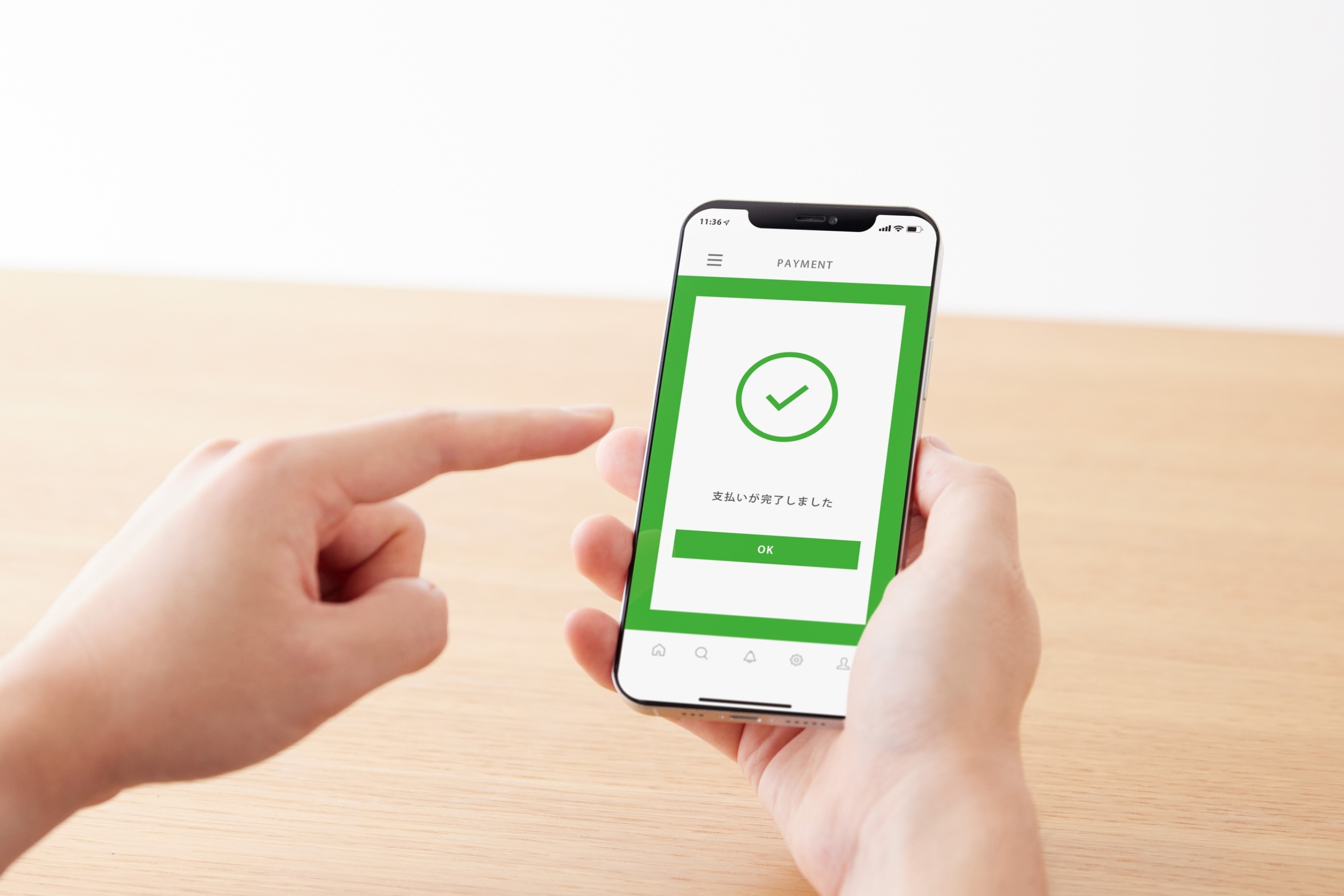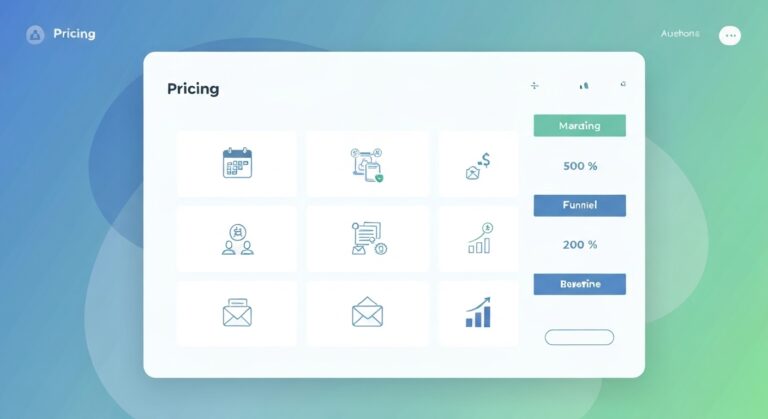
There was a time when agency work happened mostly behind desks, with teams sitting in front of large monitors and clients calling into scheduled meetings. That picture looks very different today. Sales reps close deals from coffee shops, account managers review campaigns between site visits, and decision-makers expect instant answers whether they’re in the office or on the road.
With the move toward real-time response, mobile CRM for companies has gone from being a “nice feature” to an important part of their overall business strategy. It is very helpful for agencies to be able to view data, change processes, and talk to clients from anywhere. Computer users who only use PC processes are often behind the times.
Empowering Sales and Account Teams on the Move
The way sales and account management teams work now is one of the most obvious signs of this mobile change. At a client event, a salesperson can add new leads to the CRM before they even shake hands. While going between meetings, an account manager can make changes to project notes that are immediately visible to the whole team.
With mobile CRM access, the system isn’t a different job that needs to be done when someone gets back to their desk. Instead, it’s part of the main flow of work. Because of this, data is more accurate, replies are faster, and follow-ups are less likely to get missed. The clients can also tell the difference—they get quick answers to their questions and can make decisions without having to wait.
Real-Time Insights Where They’re Needed Most
Being able to make smart decisions on the spot is another reason why mobile CRM is becoming so important. When team members can use their phones to look at screens, check the state of pipelines, or see what they’ve said in the past, they don’t have to guess what to say in meetings.
Imagine being able to quickly look at all campaign metrics, chat histories, and future deliverables before a last-minute client meeting. Being ready in that way builds trust. It shows customers that the firm isn’t just quick; it’s also well-informed and on the same page.
This is the time when deals are made or lost. Top-performing companies often stand out from those that are still stuck in old processes by being able to give clear replies in real time.
Building Flexibility Into Agency Culture
Mobile CRM doesn’t just change workflows; it changes how agencies think about work. Teams can collaborate effectively even if they’re not in the same room. Approvals can happen while leaders are traveling. Campaigns can stay on track even if someone’s working remotely for the week.
This freedom is very important in a world where different ways of working are becoming more popular. When you use a mobile-first CRM, it doesn’t matter how far away someone is. Instead, it becomes a part of how flexible the service is. Decisions are made no matter where the team is; they don’t wait until someone is back from the office.
Conclusion – Staying Competitive Through Mobility
When using mobile crm for agencies, they’re not just getting a new tool; they’re changing how business is done these days. Clients today want everything to be quick, easy to get to, and able to operate together in real time.
Agencies’ teams spend a lot of time on mobile CRM. They check that their information is accurate, that their messages are clear, and that they make judgments swiftly. This is a good strategy that makes sense for how agencies function today. Over time, those that accomplish it first will have an advantage over their competitors.



